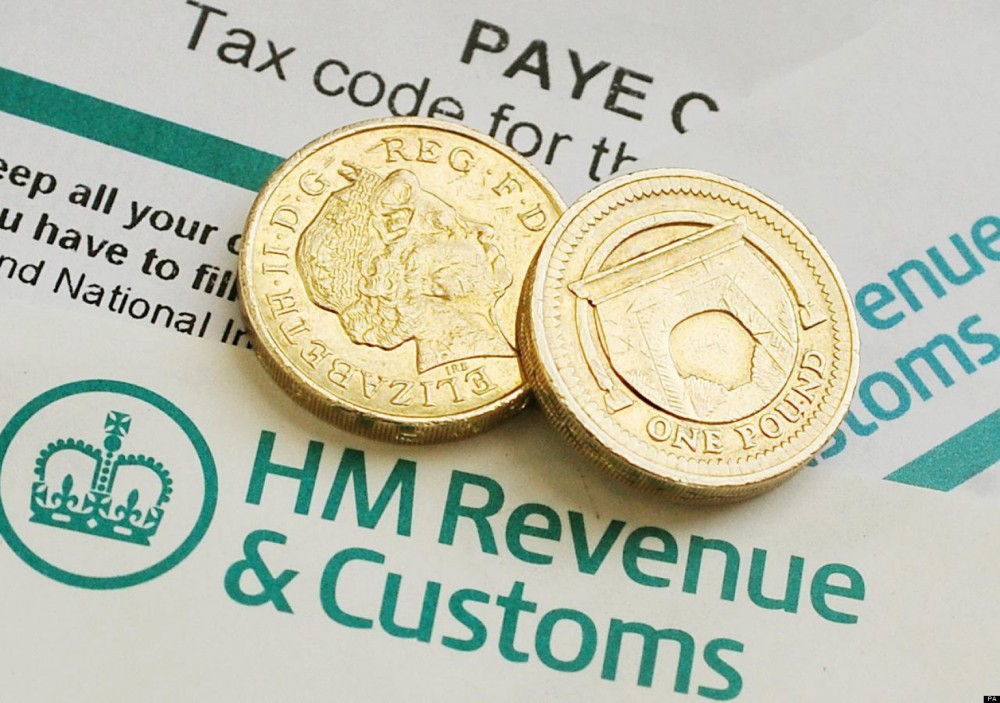TikTok bans under-16 from private messaging
New rules on the hugely popular TikTok app mean under-16s will no longer be allowed to send or receive direct messages.
90% of the 'most convincing' scam tezts have been stopped in the run up to the tax deadline, according to HMRC.

The HMRC is claiming victory against the scammers in the busy run-up to the UK Self Assessment tax deadline, saying it stops 90% of the most convincing “smishing” texts reaching their intended recipients.
Although the tax office did not clarify what qualified as the “most convincing” texts, it claimed that it has saved thousands of taxpayers from potential phishing scams sent via mobile channels. Reports of scam HRMC texts have dropped from over 5000 in March 2017 to fewer than 1000 in December, it said.
Often these fake texts spoofed to appear as if sent by the HMRC claim the recipient is due a rebate and need only click on the link to recover it.
However, that link could lead to a phishing site designed to obtain personal information, or even download malware or a virus to your device.
HMRC claimed individuals are nine times more likely to fall for a so-called smishing scam than a phishing email because they can appear more convincing, with the sender displaying only as “HMRC” rather than an actual number.
The revenue collection agency claimed the tech it now uses identifies fraudulent texts with “tags” and stops them from being delivered.
This comes in addition HMRC blocking over 300 million phishing emails spoofed in its name, plus moves to remove 16,000 phishing websites.
The outreach comes as part of Take Five To Stop Fraud Week which aims to raise public awareness of digital scams.
TOP TIPS